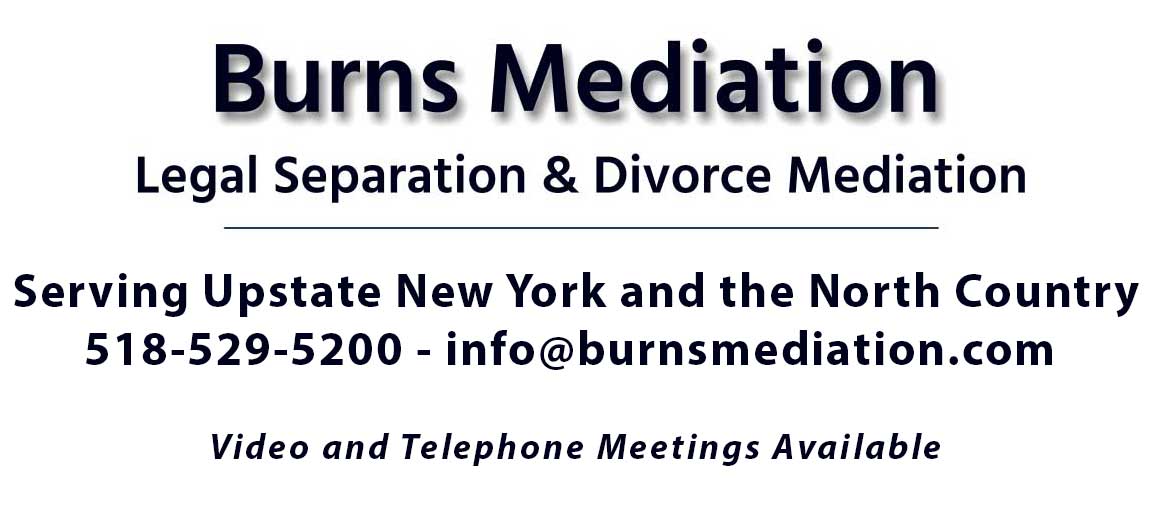As a general rule, there is no tax implication involved in the transfer of a marital asset. However, there are many other tax issues to consider when reaching an agreement.
When deciding when to file for a divorce, be aware that your tax filing status is determined by your marital status on December 31 of each year. If you are divorced as of that date, you must file Single for the entire year. If you are married, you can file Joint or Married Filing Separate.
Even if you are married, you may be able to file as Head of Household if your spouse did not live in the home for the last six months of the tax year, the residence is the principal living space of a child, and you furnished more than half the cost of maintaining the home.
Usually Married Filing Jointly produces the lowest tax rate; Head of Household is next, followed by Single with Married Filing Separately producing the highest tax rate.
If your agreement does not specify, the parent with whom the child resides for the greater number of nights during the year is considered the custodial parent and is therefore entitled to claim that child on his or her separate tax return. This exemption cannot be split although each of you can claim different children and you can agree to alternate this exemption each year. If the non-custodial parent wishes to claim a child, other parent will need to sign IRS Form 8332, which must then be filed with the non-custodial parent’s tax return.
Since the parent with the greater income will usually save more in taxes than the other parent, the dependency exemption is usually best given to that parent even if it means he or she pays the “tax cost” to the other parent. Doing so allows you to save on your taxes and use that savings to benefit your children.
The custodial parent can continue to claim a child care credit for work related expenses incurred for a child under age 13. A tax credit is worth much more than an exemption since it reduces the tax you pay, not just your income.
Summary: Since it is perfectly legal to plan your agreement to reduce your taxes, I recommend that you speak to your accountant about your tax situation so you can create an agreement that maximizes the tax benefits for both of you.
Share with Friends:
Need More Information?
To schedule a free phone or video consultation, complete and submit the form below, email us at [email protected], or call 518-529-5900.





